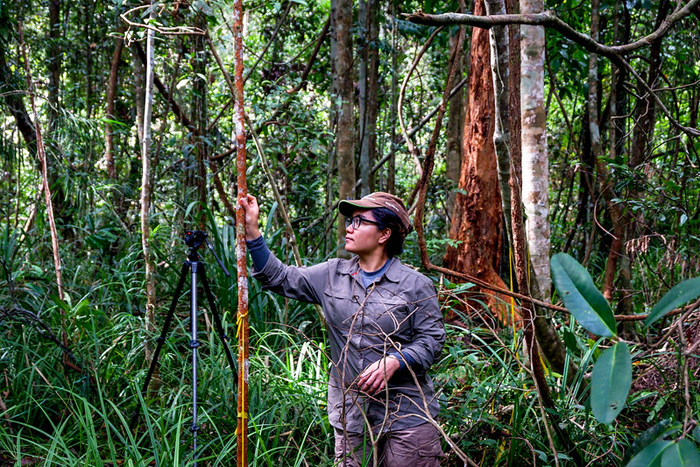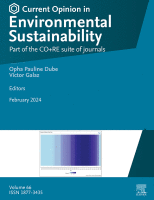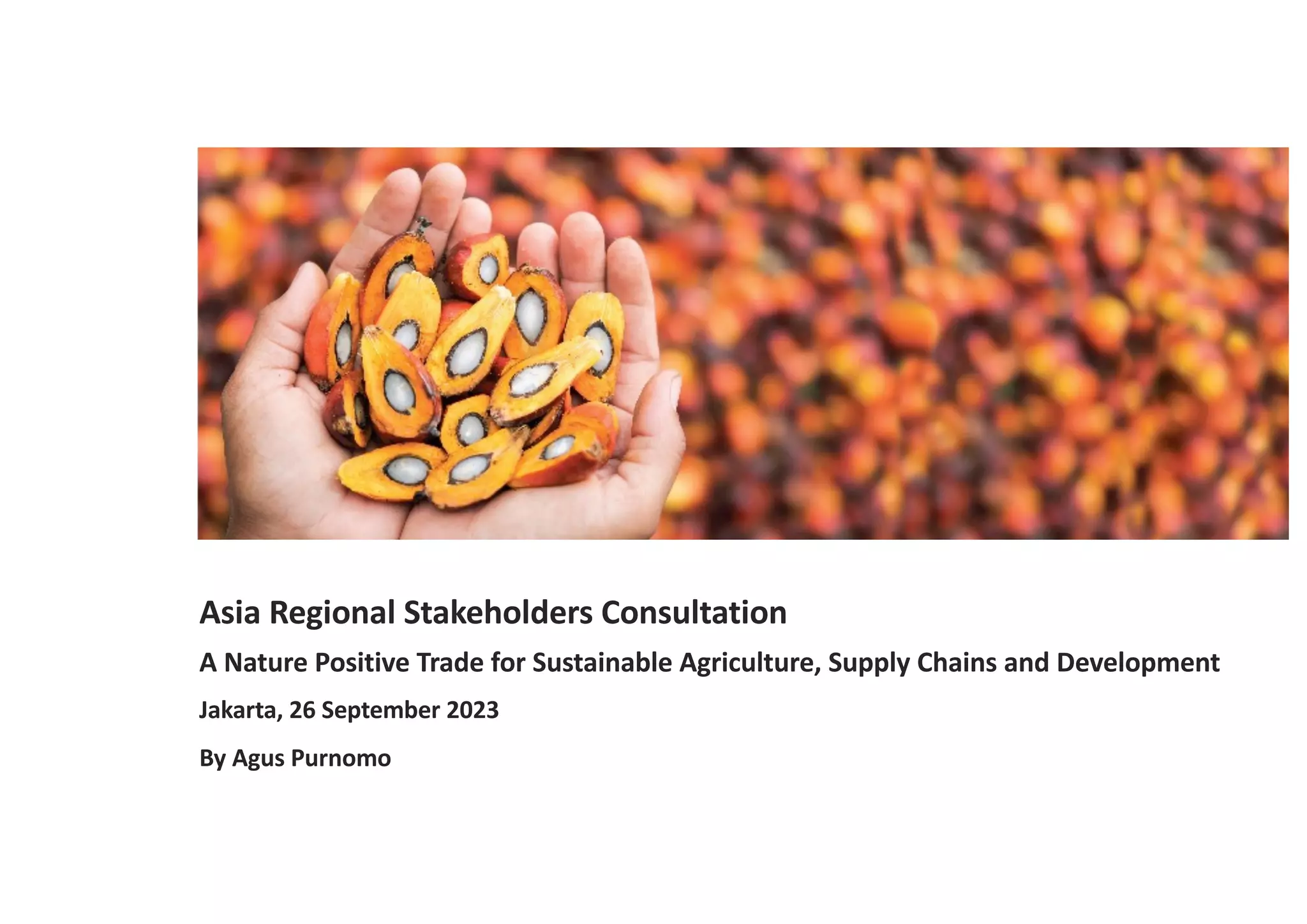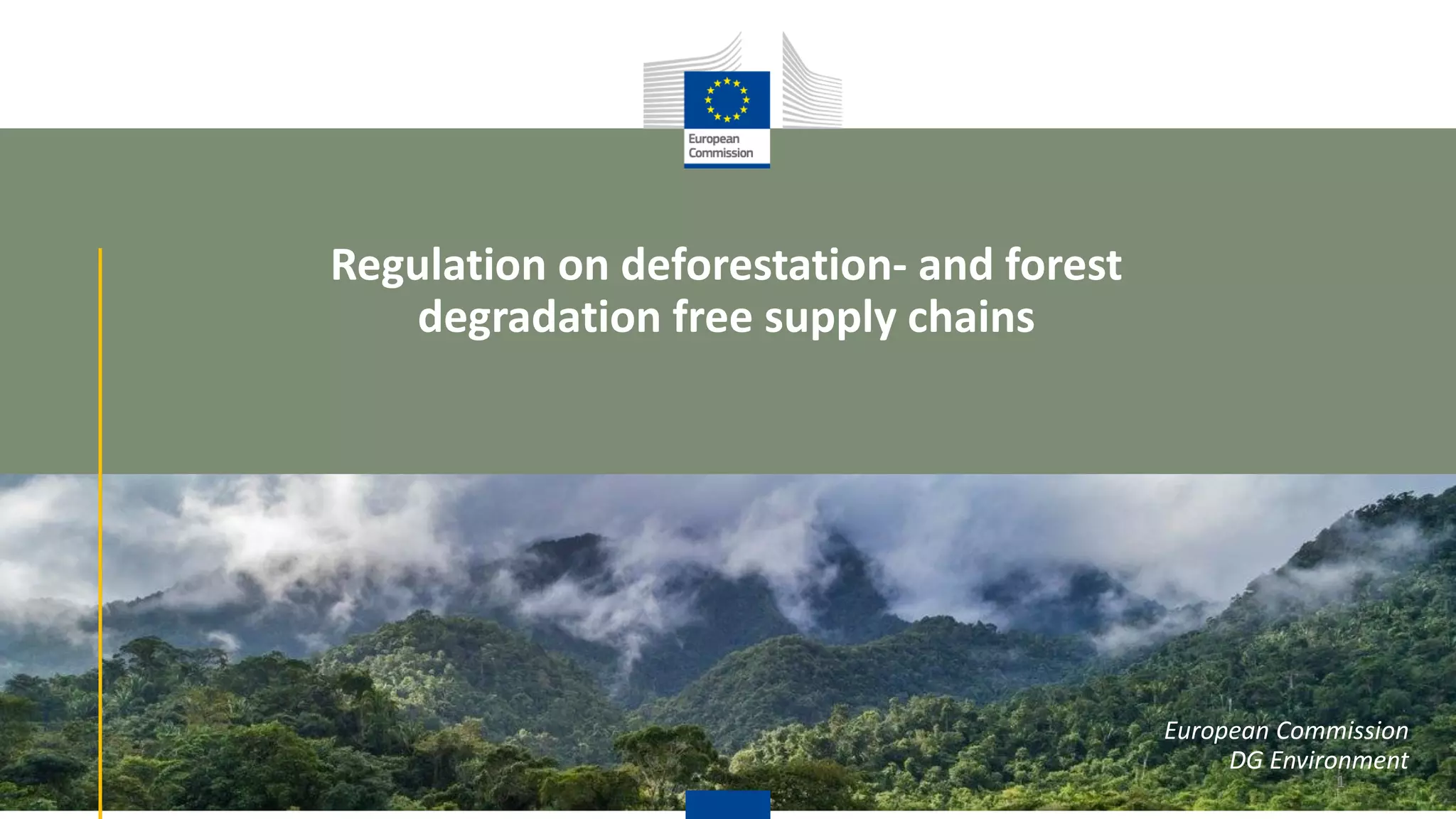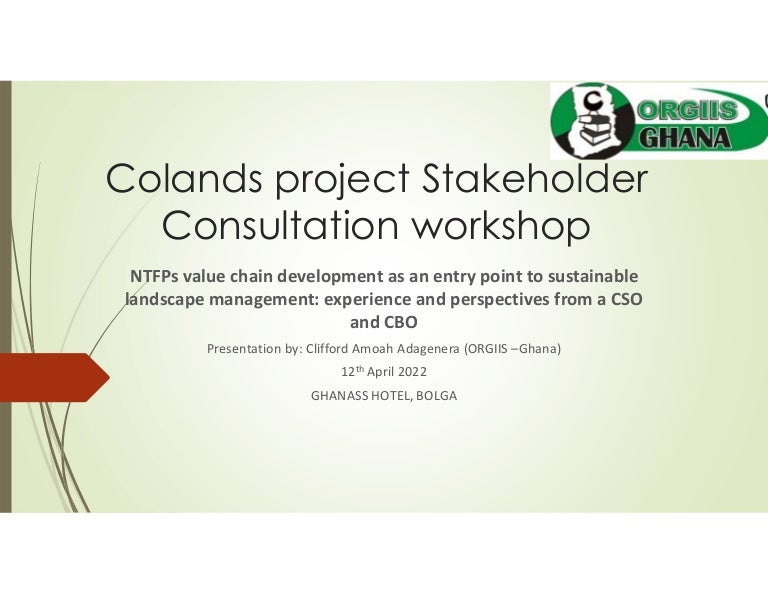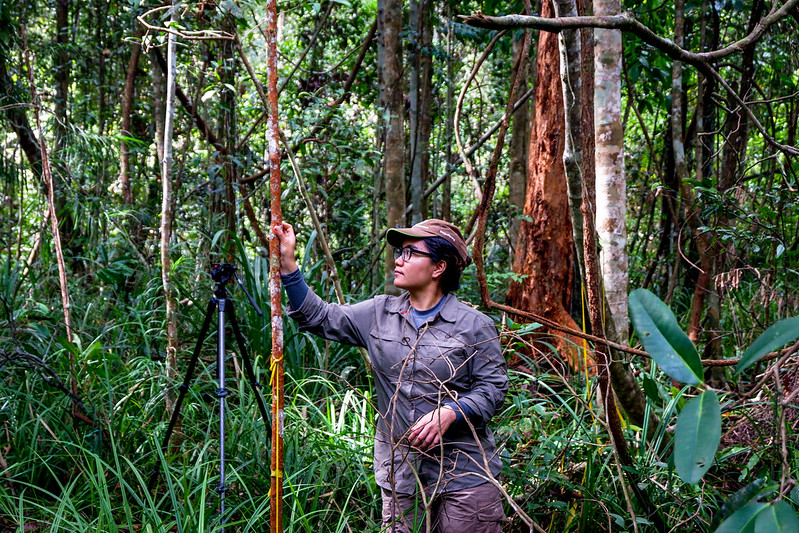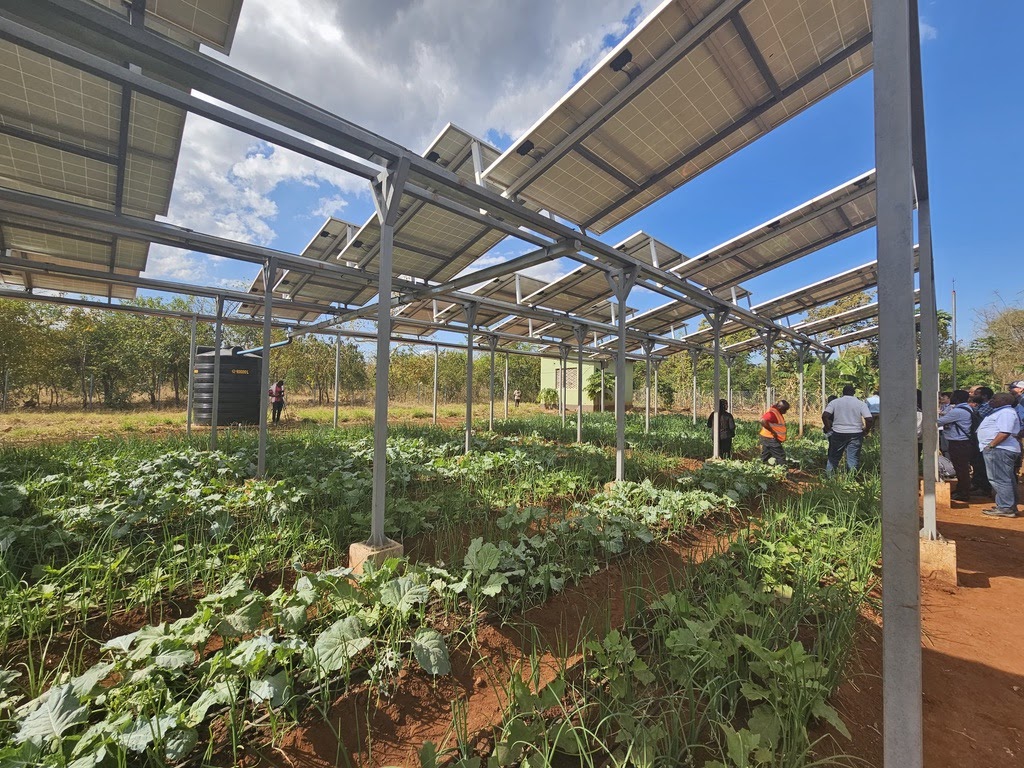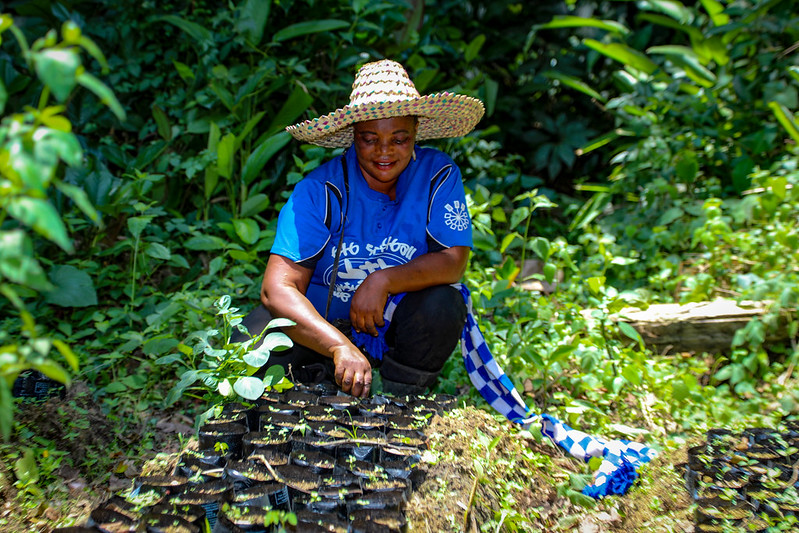The degradation of species-rich agricultural and forest landscapes needs to be halted, while the growing global demand for food, feed, energy, fibre, and other ecosystem services is to be met.
In response to this urgent challenge, private companies, governments, and financial service providers are increasingly investing in sustainable activities that reduce pressure on forests and farmlands. CIFOR-ICRAF contributes to these efforts through evidence-based solutions for new business models and investments in diverse forest and tree crop value chains, which benefit rural livelihoods and economies, while minimizing environmental impacts.
Contact us
Featured
About this theme
Our experience shows that aligning public and private institutional arrangements with responsible finance and investments can trigger widespread adoption of sustainable and inclusive practices in forest product and tree crop value chains. We investigate how innovative business models and investments benefit rural livelihoods and spur economic development among smallholders and small and medium enterprises (SME). This work is aligned with multiple Sustainable Development Goals, specifically SDGs 7 (energy), 8 (economy), 9 (industry), 12 (production/consumption), and 15 (sustainable land use).
Sustainable value chains and investments: Fast facts



















